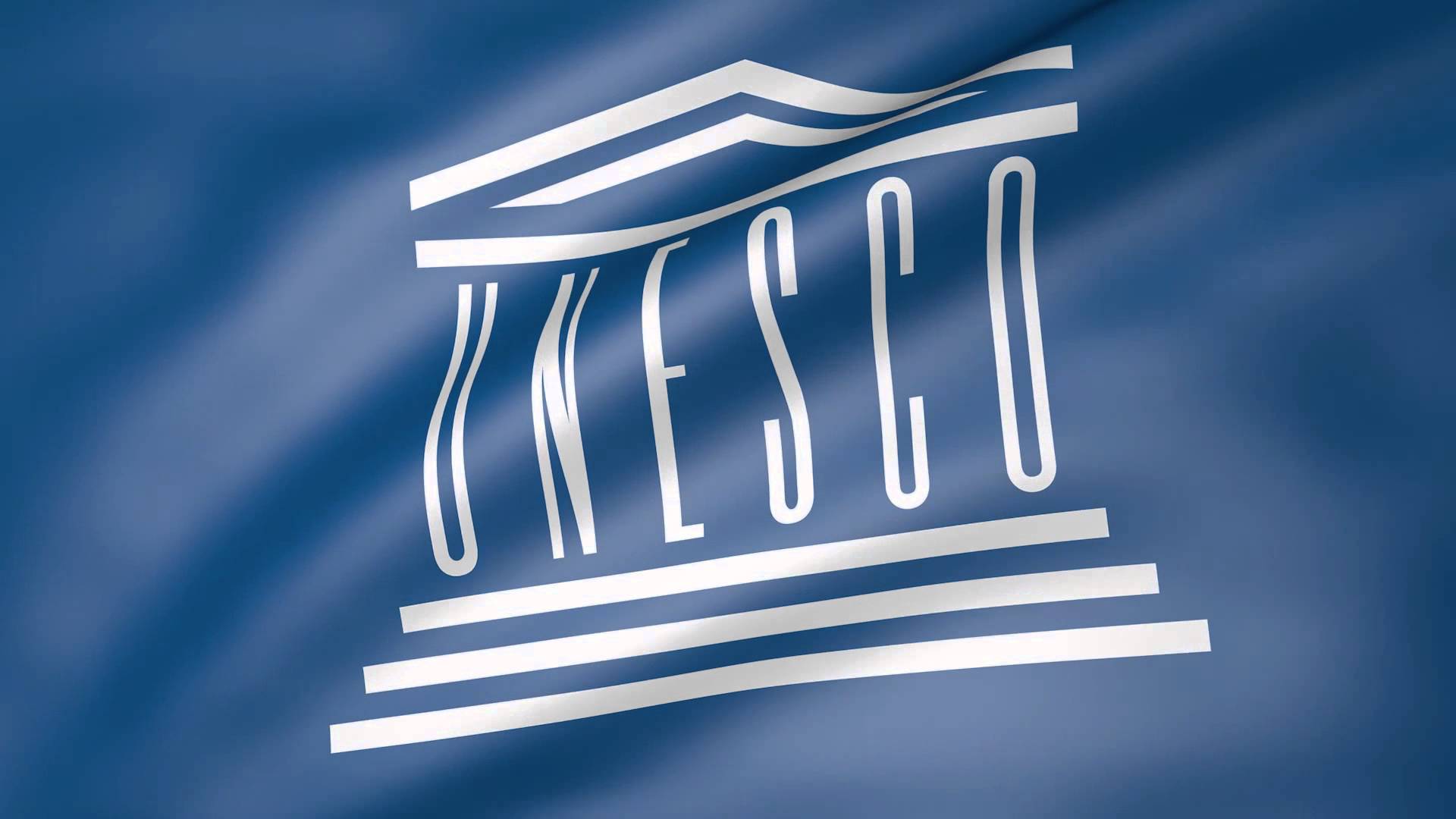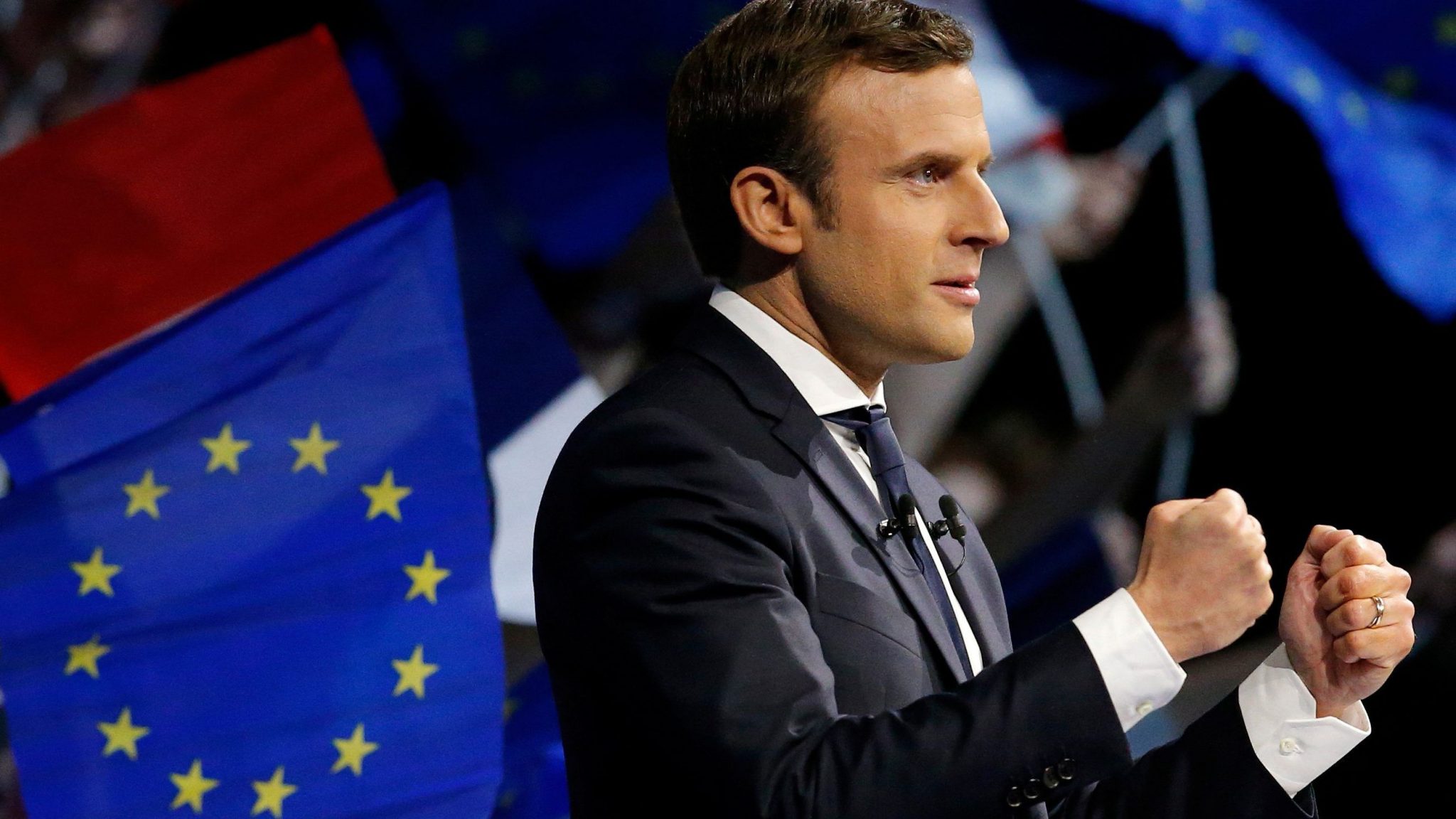
Behind closed doors at the Place de Fontenot in Paris, international diplomats are voting on who will head the United Nations Educational, Scientific and Cultural Organization.
The international organization which controls millions of dollars in donations and is one of the most influential in the United Nations system. UNESCO is one of the most visible United Nations organizations and whose work on cultural issues has an impact on billions of people. Yet, despite this the election is an entirely closed door affairs with the balloting process done in secret. This needs to change just as UNESCO imposed term limits on its director-general the election to that office should be conducted in a fair and transparent manner.
The recent withdraw of both the United States and Israel over charges of anti-Semitism should be awake up call who believe in the organizations goals of protecting and promoting culture around the globe. Britain, Japan and Brazil have yet to pay their UNESCO dues this year. The United States has not paid dues to the organization since 2011 over its bias against one member – Israel.
Hamad Bin Abdulaziz Al-Kawari, front Qatar, emerged as a front-runner out of nine candidate countries during the early rounds of voting. His campaign is not without controversy as he had to battle allegations of anti-Semitism. Qatar’s booth at an edition of the Frankfurt Book included anti-Semetic texts during Al-Kawari’s tenure according to Europe’s Simon Wisenthal Center. The center has also pointed out that Qatar has in the past supported UN resolutions on Jerusalem that did not include Jewish ties to the Temple Mount and the Western Wall.
This is the second consecutive open seat race for the UNESCO directorship to be marred by accusations of anti-Semitism regarding the frontrunner. In 2010 many believed longtime Egyptian cultural minister and surrealist painter Farouk Hosni’s was supposed to be a shoe-in to be the first Arab to head UNESCO. Until it emerged under questioning from Muslim Brotherhood parlimentarians he had promised to burn Israeli books if he found them in the famed Library of Alexandria. The Egyptian government may have seen the controversy coming. Coincidently just ahead of Egypt’s bid one of the nation’s 13 synagogues – Cairo’s Moses Ben Maimon temple was quietly refurbished. In retrospect it would have been a blackmark on UNESCO’s record to have a Mubarak crony as the face of international culture.
Despite the controversy Farouk Hosni had a serious chance in 2010 and Al-Kawari is the favorite this year. Though Egypt’s Moushira Khattab had a path to victory late Friday and French rival Audrey Azoulay is still in the race.
The fact that flawed candidates can take early leads is due to the nature of UNESCO voting which is largely a closed door process with countries not having to declare who they were voting for. A more transparent form of voting could shame countries for their voting and lay bare the influence.
This the first time UNESCO’s closed door voting process has haunted the organization nor is it the first time the United States has withdrawn. In the 1980s, Adam Barrow of Senegal did became the longest serving UNESCO director general managed due to his skills in closed door politicking. His management style managed to anger both the Soviet bloc and the West. The United States quit UNESCO in 1984 and was followed by Britain in 1985. Both countries were concerned by Barrow’s mismanagement. Their withdrawals a 30% reduction UNESCO budget. West Germany, Canada, Switzerland, Denmark, Japan and the Netherlands also considering a withdrawing given Barrow’s management. Following the withdraw of Israel and the United States this year other countries maybe considering a similar move.
A skilled politician Barrow played a feint in 1986 UNESCO campaign. He pledged publicly he would not run for re-election only to throw his hat back into the ring at the last minute. Behind closed doors he actually won the first in round of voting but, eventually withdrew his candidacy. Barrow’s long and controversial tenure in office led in part to the imposition of term-limits for UNESCO directorships. Now further reform is needed to make the organization more transparent. The more of UNESCO’s activities held publicly the less chance there is for concentrated interests (money) to influence its activities.



